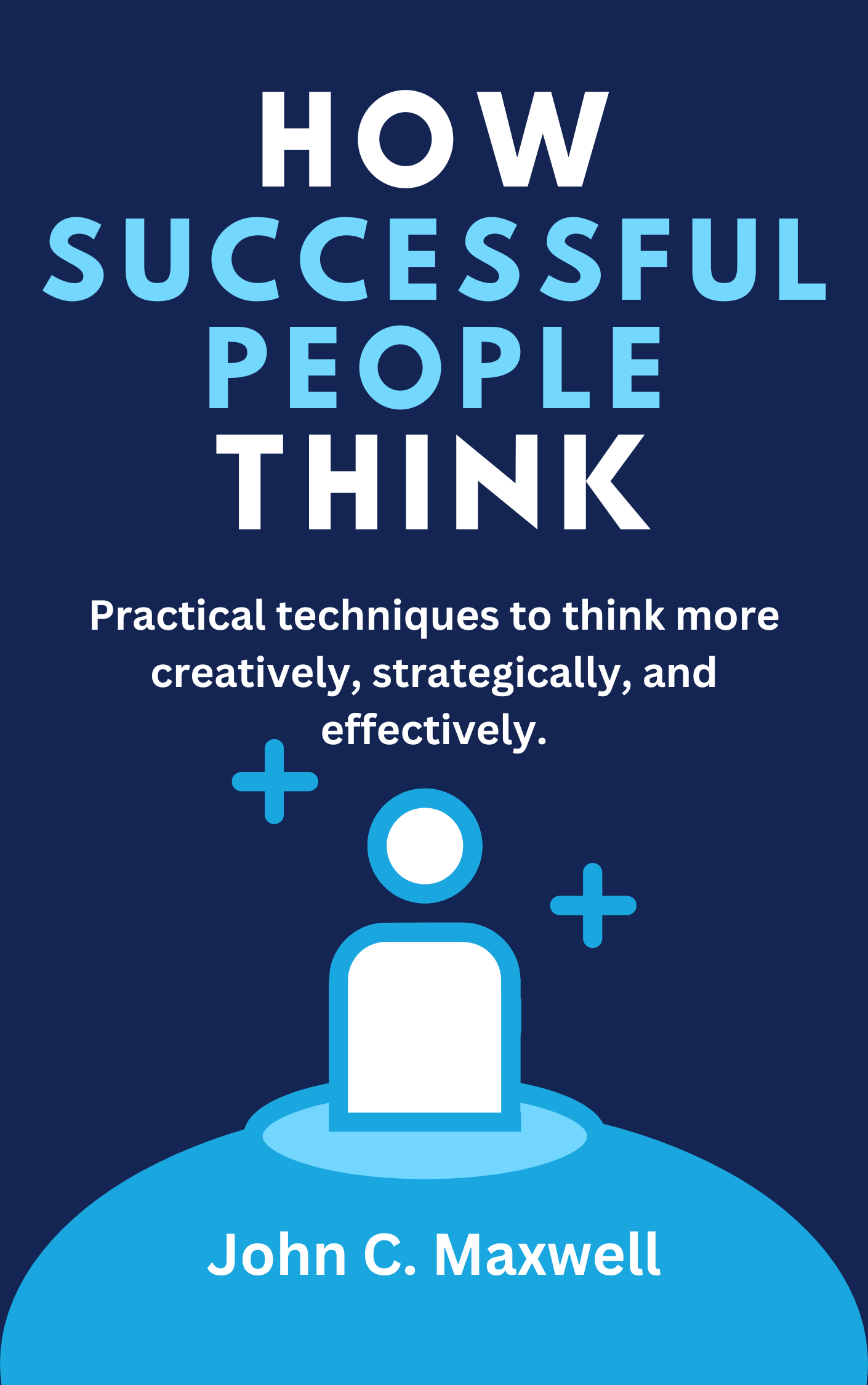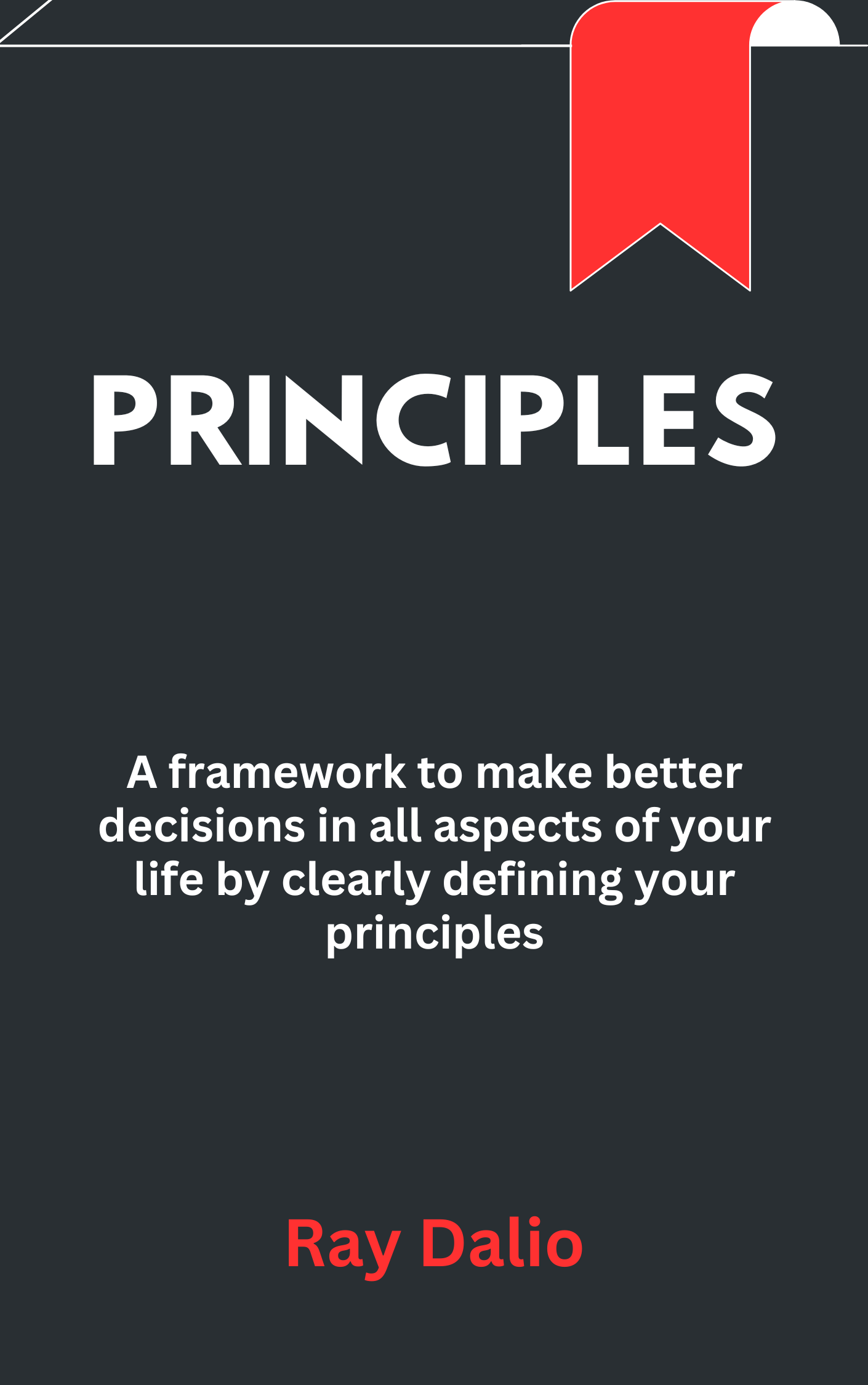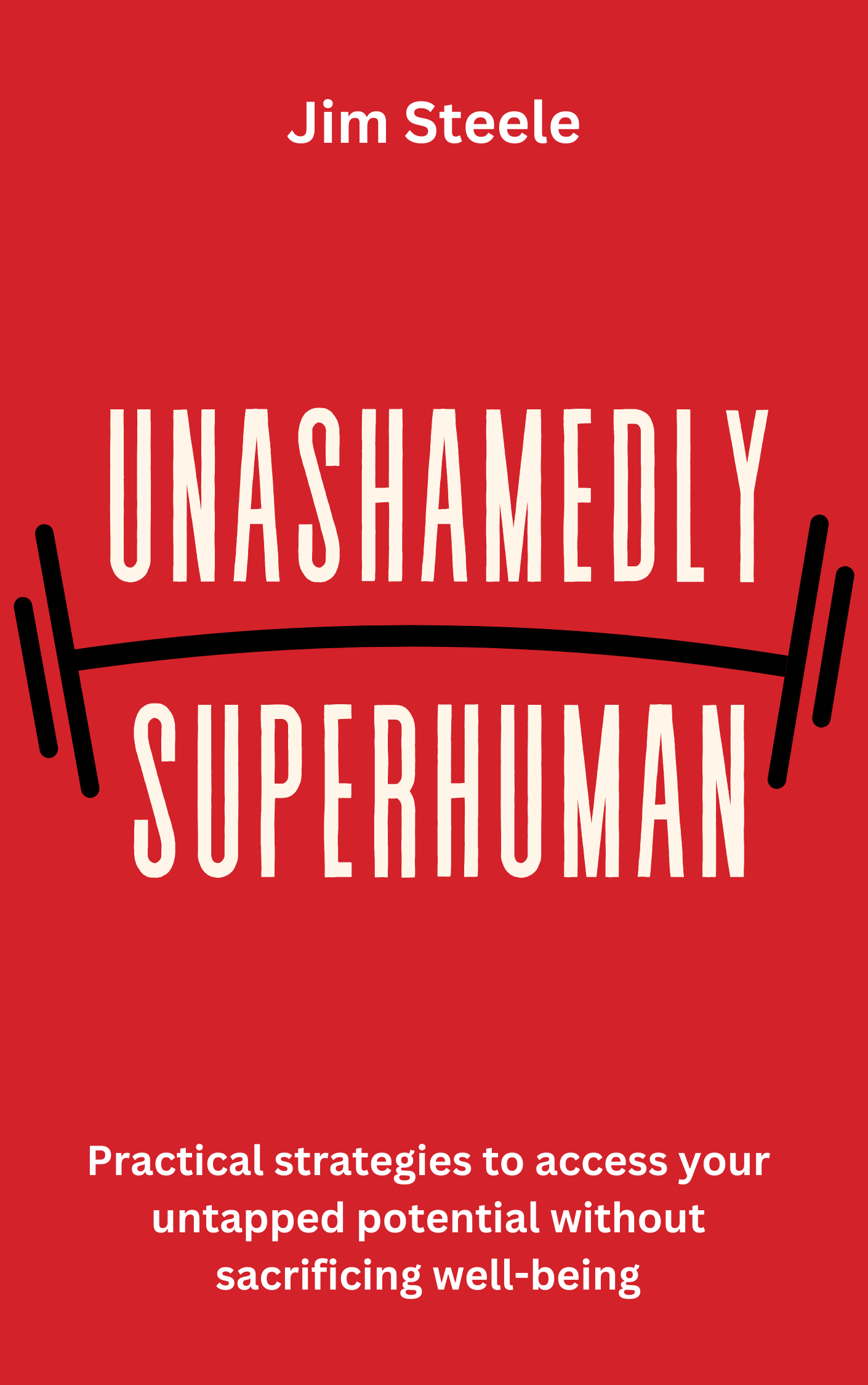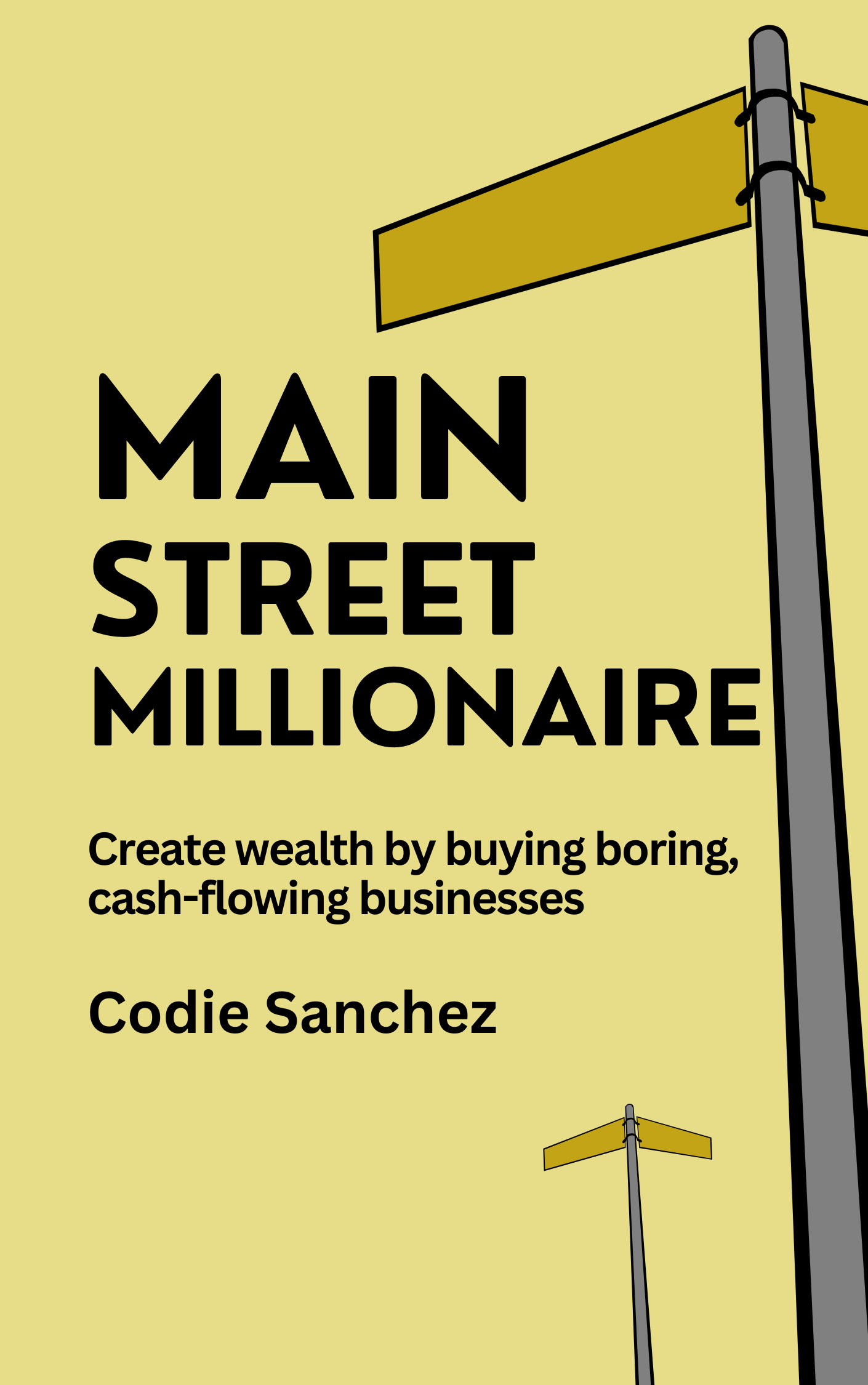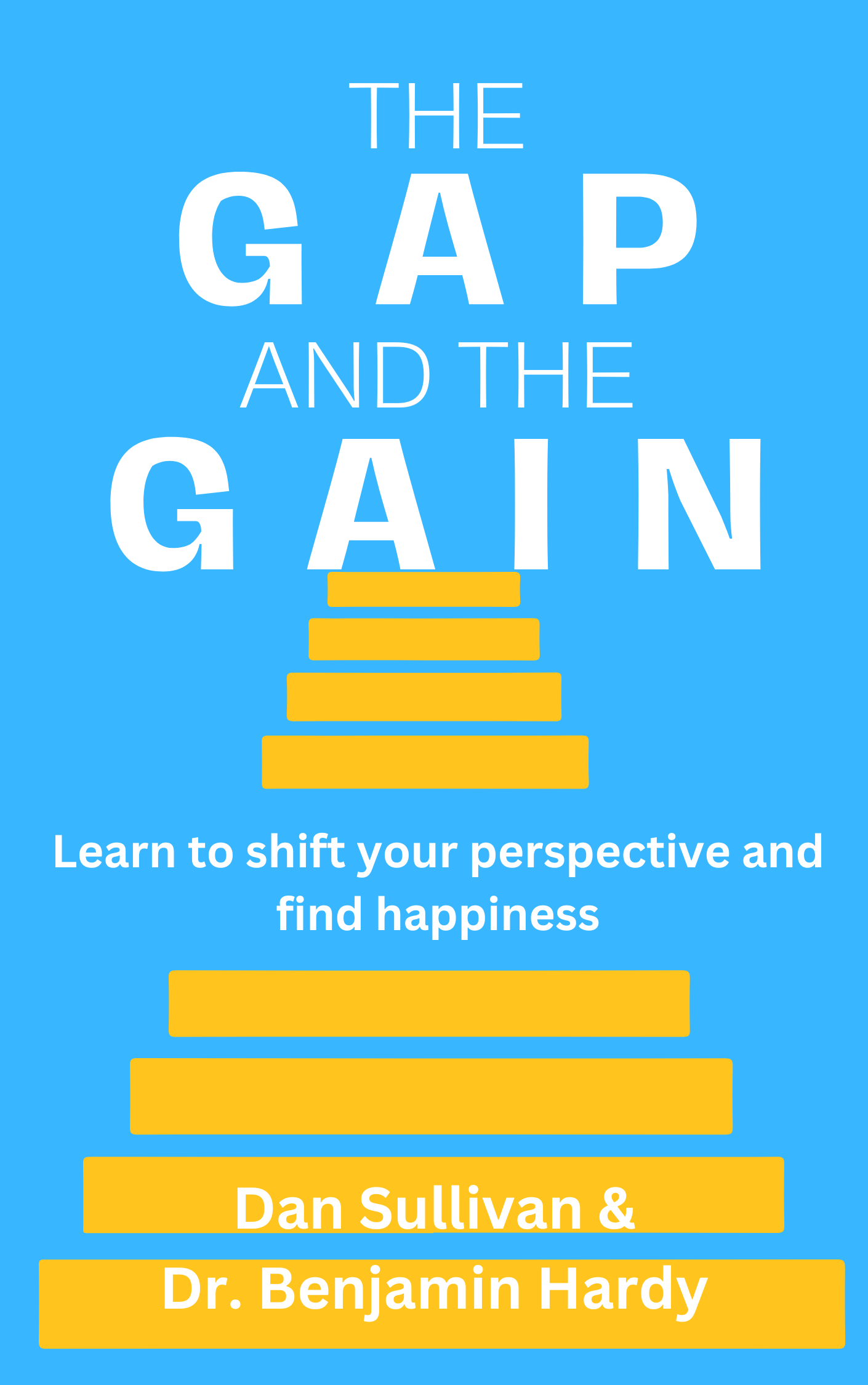Introduction
Adolf Hitler once said, "What luck for rulers that men do not think." On that note, when was the last time you really sat down and just... thought? If you're like most people, the answer is probably "not recently." But that's about to change.
John C. Maxwell, who's been studying successful individuals for four decades, has discovered that while high achievers come from all walks of life, they share one crucial trait: how they think. And this isn't some innate, mysterious ability. It's a skill. A skill that helps you tackle problems, spot opportunities, and even protect yourself from those who might try to take advantage of you. And Maxwell is gonna teach you how to develop it!
His book is gonna give you the tools to become a better thinker. It'll cover everything from how to generate ideas to how to put them into action. So, are you ready to give your brain a workout? To challenge your assumptions and stretch your mental muscles? To think like the successful people you admire?
Bigger The Picture, Better the Learnings
Ever wonder why some people seem to have a knack for making great decisions? It's not magic, it's big-picture thinking. And that's our first mental tool to transform how we approach life and leadership.
Big-picture thinking isn't just for CEOs or world leaders. It's a skill that can benefit anyone, from parents dealing with a toddler's tantrums to a fresh graduate starting their first job. At its core, it's about seeing beyond the immediate and understanding the broader context of situations.
So, what makes a big-picture thinker? For starters, they're perpetual students of life. They're the ones who always have a new book on their nightstand, who strike up conversations with strangers, and who view every experience as a learning opportunity. Maxwell himself demonstrates this by turning a dinner with NFL coaches into a question-and-answer session. He wasn't just fanboying; he was expanding his understanding of teamwork beyond his own field.
Big-picture thinkers also have a knack for seeing through others' eyes. They're not stuck in their own little world, but actively try to understand different perspectives. They zoom out and capture a panoramic view of any situation. This skill is invaluable in everything from closing a business deal to resolving a family dispute.
So, how do you become a big-picture thinker? First, get comfortable with uncertainty. Life isn't always black and white, and big-picture thinkers can handle the gray areas without losing their cool. Next, be a learning sponge. Extract lessons from every experience, good or bad. Maxwell shares how he starts each day by identifying learning opportunities that’ll potentially come up in his schedule for that day and making full use of them once they do materialize. Also, don't be shy about seeking insights from others. It's Googling, but with personal experiences and insights you can't find online.
Lastly, give yourself permission to think bigger. Society often tries to put us in boxes, but big-picture thinking is about breaking free from these constraints. It's about seeing possibilities where others see limitations.
In the words of Donald Trump (yes, that Donald Trump), "You have to think anyway, so why not think big?"
Now, thinking big is all well and good. But it’s stupid, if you're not realistic!
Be Realistic
Let's face it: humans LOVE daydreams. But when it comes to actually getting things done, you need a healthy dose of reality.
First off, let's clear the air. Realistic thinking isn't pessimistic. It’s setting realistic targets and realistic plans to achieve them. It's tool #2! It isn't about raining on your parade. It's about making sure your parade route is well-planned, the band is in tune, and you've got a backup plan in case of unexpected showers. It's the difference between hoping for the best and actually preparing for success.
Maxwell admits he wasn't always a fan of realistic thinking. In fact, he used to avoid it, thinking it would stifle his creativity. But as he grew older and wiser (and probably after a few reality checks), he realized that realistic thinking actually adds value to life.
Point being, realistic thinking is a safety net for the tightrope of life. It helps you see potential pitfalls before you faceplant into them. It helps you set achievable goals and create solid plans to reach them. It's the difference between saying, "I'm going to be a millionaire by next Tuesday!" and actually figuring out how to boost your income over time.
Maxwell shares a gem from James Allen: "Until thought is linked with purpose there is no intelligent accomplishment." In other words, daydreaming about success is fun, but it's realistic thinking that turns those dreams into reality.
Take the Super Bowl security planning after 9/11, for example. The organizers didn't just cross their fingers and hope for the best. They thought through worst-case scenarios and prepared accordingly. The result? Fans felt safe and could focus on enjoying the game.
Next, Maxwell offers some practical tips:
First, learn to appreciate the truth. It might not always be pretty, but it's always useful.
Next, do your homework. Get the facts before you make decisions. Also, think through the pros and cons of a situation. It's not always about choosing the option with the most pros, but understanding the full picture helps you make better decisions.
Lastly, align your thinking with your resources. It's great to dream big, but make sure your feet are firmly planted in reality.
We said earlier realistic thinking has nothing to do with stifling creativity. Let's explore that a bit more, shall we?
Think Creatively
… And Unselfishly
Alright, let's dive into the world of unselfish thinking! Maxwell wants us to know that thinking beyond ourselves can be a game-changer. And like all high thinking techniques, this can transform our lives and the lives of others.
So, what's the big deal about unselfish thinking? Well, for starters, it's like a happiness booster shot. Helping others brings a special kind of joy that's hard to beat. But it's not just that. With unselfish thinking, you get to swoop in and make someone's day better. And it's not like you need special powers or a billion-dollar bank account or even a crystal clean past to start being unselfish! How, exactly? Well, Maxwell never leaves us hanging. He has some practical tips:
One, start small. Look around and see where you can lend a hand. Maybe it's volunteering at a local food bank or helping your neighbor mow their lawn. The key is to get out there and do anything, no matter how trivial. Then once you've got the hang of giving, Maxwell challenges us to take it up a notch. Try giving anonymously. No fanfare, no recognition, just pure, unadulterated giving. Now, the highest form of unselfish thinking is investing in people. And for that, you give yourself! Your time, your attention, your energy, all for someone else's success. This way, you become a part of something bigger than yourself.
The best part of it all is the character upgrade you get by the end of it. One day you're start thinking about others, and suddenly you're developing all sorts of other good qualities. Gratitude, patience, respect!
Maxwell wraps up with a powerful story about his visit to Ground Zero after 9/11. He saw firsthand how unselfish thinking can shine even in the darkest times. Firefighters and volunteers worked tirelessly, not for glory or recognition, but because others needed help. It's a stark reminder that we all have the power to make a difference, even if we're not running into burning buildings.
Let's now turn our heads to... how to turn your head!

